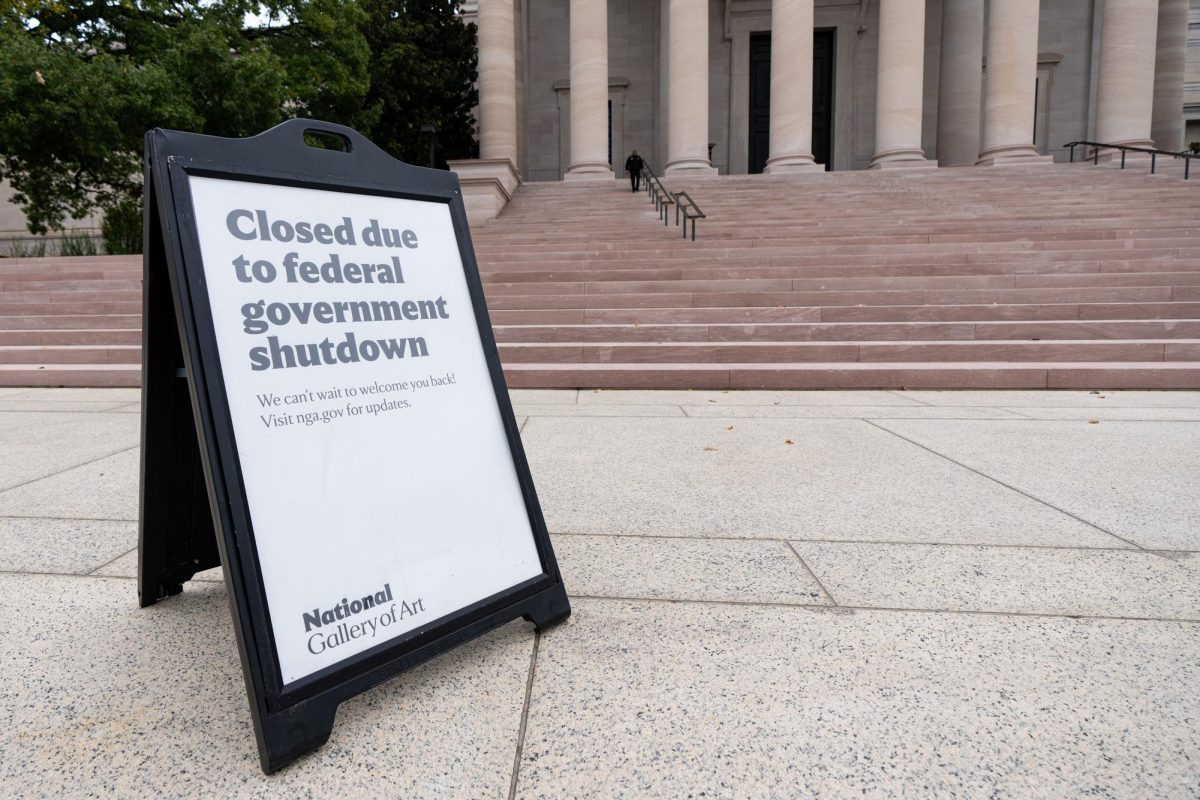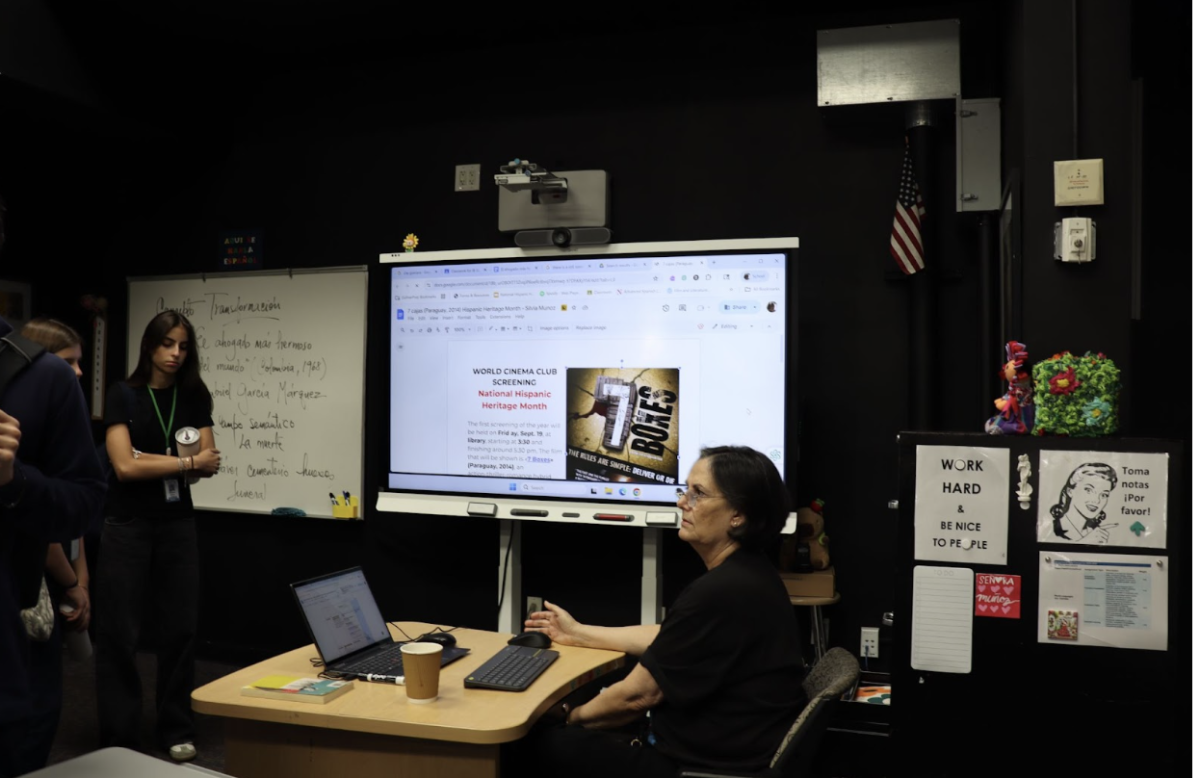The Webster dictionary defines the term “majority” as a number or percentage equaling more than half of a total. In Florida however, the word ãmajorityã is viewed as 60%ãno lessãwhen it comes to voting in new laws. In 2006, Florida congressmen worried changing the state constitution was too simple. Consequently, Lawmakers passed the law to increase the necessary approval percentage from 50% to 60%. The irony in this is that it did not even get 60% of the voteãyet the law was still passed.
This past election, Floridians had the chance to make a major change with Amendments III and IV. Amendment III was the legalization of marijuana and IV would have brought about the constitutional right to abortion before fetal variability.ô Both failed to pass despite receiving a resounding majority of votesãabout 57%. States like Missouriãwhich are frequently viewed as being slow-paced to change such legislative actionsãwere able to adopt important laws like their abortion law with 52% of the vote. Thus, if about 5.9 million out of 10.6 million state citizens voted yes for Amendment III and more than ô 6 million out of 10.6 million voted yes for Amendment IV, these amendments should pass with no question in the state of Florida.ô ô ô
This rule contributes to further stagnation and deadlock. From housing shortages to environmental concerns to educational reform, Floridaãlike many other statesãhas many obstacles. The 60% rule makes significant change all but impossible, although these issues call for daring action and creative solutions. These unnecessary standards stop development, leaving the state with obsolete standards that do not meet contemporary demands even when the majority of Floridians agree that reform is necessary. It fosters a culture of inaction where pressing problems are discussed incessantly but are rarely fixed.ô
The rule undermines the principle that ãevery vote counts.ã Imagine casting a ballot, believing your voice matters, only to find that even with 59% of voters agreeing with you, itãs not enough. Itãs human nature to argue and disagree, having to get 60% of people to agree on one topic is a near-impossible task. Due to this, most laws that get passed are baby laws that change nothing for Floridians. The process for the state of Florida to amend its constitution already has many hurdles besides this law. Initiatives have to pass a strict petition signature requirement and be reviewed by the state Supreme Court to guarantee their legality and clarity.ô
By taking these precautions Floridians are insured they will only see thoughtful and important initiatives on the ballot. However, since amendments backed by more than 50% of voters may still fail to pass, the 60% threshold creates an additional obstacle that weakens the will of the majority. It also weakens the odds of grassroots (started by civilians) initiatives working. This form of public lobbying has become increasingly popular in recent years as people feel they themselves are making a true impact on their lives. Having the amendments need to pass by 60% of the vote hinders the success rate for these harder for grassroots to pass. ô
What is the point of voting if itãs nearly impossible to get something passed? Why should we stay here if nothing will change? Politicians preach that our vote matters but in reality itãs a blatant lie. We canãt say we are a true or even properly representative of democracy if the majority doesn’t win.














